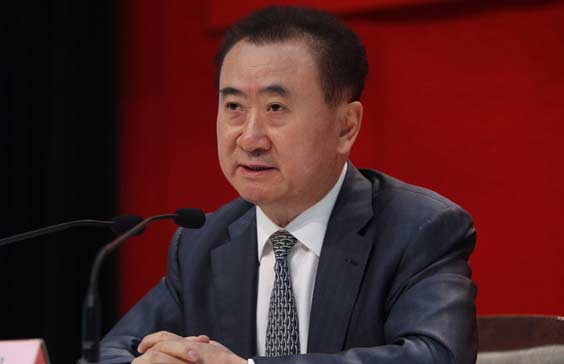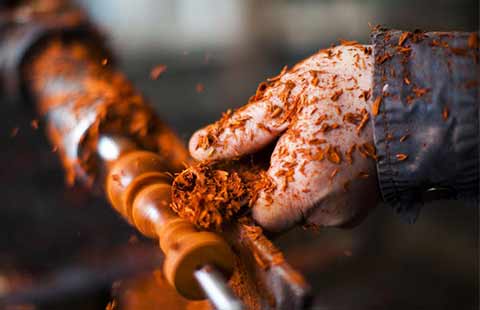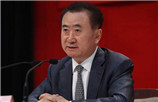China to be single largest driver of global economic growth: Former Victoria state premier
(Xinhua) Updated: 2016-03-03 15:20As China's annual National People's Congress is about to open shortly, Brumby urged the Australian business to try to understand China's Five-Year Plan.
"China's direction is very clear. It is to more sustainable levels of growth. The 'new normal' will be on a lower level of growth, it is cleaner growth, a stronger emphasis on the environment, cleaning up the air, cleaning up the water, more renewable energy, investing in research and development, and innovation, and also health care."
"On top of all that is a transition from an investment and infrastructure-led economy to a consumer and services-led economy. That's in simple terms how I read the new Five-Year Plan."
He is also confident that the difference between Chinese and Australian governments on the issue of South China Sea will not hinder the development of bilateral economic cooperation.
"That issue will come up. But my view is China is clear about its place in the world and wants to be a good neighbor and wants harmonious relationships with the countries around. That issue will walk itself out through the coming months and years."
As for the occasional anti-Chinese investment sentiment in Australia, Brumby said it is no something new and people need not to be too excited about this.
"I've been around long enough to see those things. When I was a young student in the university way back in the 1970s, there was a strong anti-American sentiment about investment ... In the decade that followed, there was the anti-Japanese investment sentiment against Japanese investors. So it's not something you get excited about."
He pointed out that Australia is a very big country with a small population, and therefore is always in need of foreign investment, be it from Britain, France, the United States or China.
"We need foreign investment. Otherwise we would be able to develop our resources, our agri-businesses, our other exporting industries."
Australian National Farmers' Federation estimates the country need A$1 trillion ($720 billion) in agriculture to really lift the productivity and the output of exports to China.
So there is a common view from both sides of Australian politics in supporting Chinese foreign direct investment in Australia, he said.
- Plans for SOEs' M&A ready to go
- Feverish prices highlight uneven recovery in China's housing sector
- Tencent founder to bring five proposals to NPC annual session
- Baidu's Li asks for govt attention on auto-driving sector
- China's marine output up 7% in 2015
- Chinese firm buys German waste-to-energy company
- China forming plane engine conglomerate
- Airplane restaurant to open in Wuhan
















